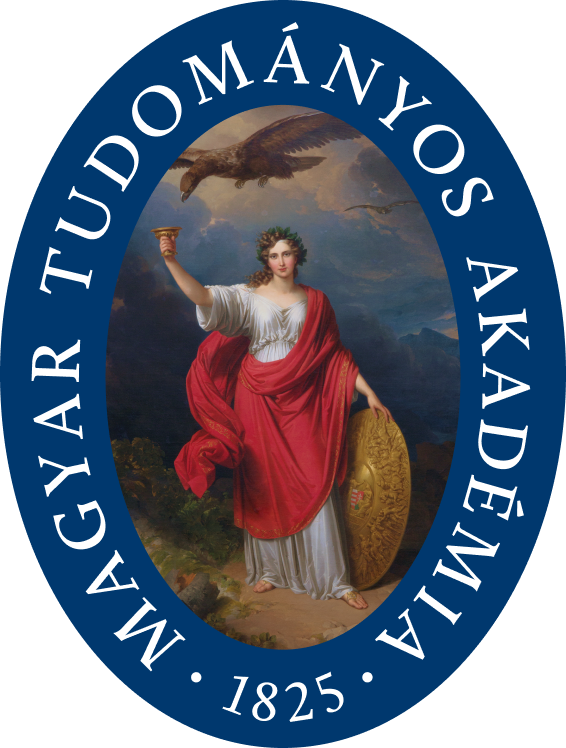PJIEL 2023/I-II is out
The editors are pleased to present issue 2023/I-II. of the Pécs Journal of International and European Law, published by the Centre for European Research and Education of the Faculty of Law of the University of Pécs.
In the Articles section, Dalma Takó provides an analysis of clauses allowing for possibility of choice in international treaties. Bence Kis Kelemen, Ágoston Mohay, Attila Pánovics and Nor- bert Tóth elaborate on the elusive contours of responsibility of international organizations. Gagik Chilingaryan provides insight into the status of national minorities in the Republic of Armenia in light of the Framework Convention for the Protection of National Minorities. Bence Kis Kelemen elaborates upon the responsibility of international organizations for outer space activities. Marta Romańska, Agata Cebera and Jakub Grzegorz Firlus delve into the peculiar issue of the case of so- called ‘LGBT free zones’ in Poland.
In this double issue’s Case note, István Szijártó looks into three recent cases of the European Court of Justice in the field of criminal cooperation between Member States.
As always, a word of sincere gratitude is due to the anonymous peer reviewers of the current issue.
This double issue also marks the end of an era for PJIEL: from 2024, the journal will apply the Open Journal Systems model of functioning, reaffirming our commitment to open access scientific publishing.
As always, we encourage the reader to consider the PJIEL as a venue for your publications. With your contributions, PJIEL aims to remain a trustworthy and up-to-date journal of international and EU law issues.
The editors are pleased to present issue 2023/I-II. of the Pécs Journal of International and European Law, published by the Centre for European Research and Education of the Faculty of Law of the University of Pécs.
In the Articles section, Dalma Takó provides an analysis of clauses allowing for possibility of choice in international treaties. Bence Kis Kelemen, Ágoston Mohay, Attila Pánovics and Nor- bert Tóth elaborate on the elusive contours of responsibility of international organizations. Gagik Chilingaryan provides insight into the status of national minorities in the Republic of Armenia in light of the Framework Convention for the Protection of National Minorities. Bence Kis Kelemen elaborates upon the responsibility of international organizations for outer space activities. Marta Romańska, Agata Cebera and Jakub Grzegorz Firlus delve into the peculiar issue of the case of so- called ‘LGBT free zones’ in Poland.
In this double issue’s Case note, István Szijártó looks into three recent cases of the European Court of Justice in the field of criminal cooperation between Member States.
As always, a word of sincere gratitude is due to the anonymous peer reviewers of the current issue.
This double issue also marks the end of an era for PJIEL: from 2024, the journal will apply the Open Journal Systems model of functioning, reaffirming our commitment to open access scientific publishing.
As always, we encourage the reader to consider the PJIEL as a venue for your publications. With your contributions, PJIEL aims to remain a trustworthy and up-to-date journal of international and EU law issues.
Corrigendum
In Issue 2022/II, an unfortunate error occurred. The family name of one of the authors of that issue, Sandra Fabijanić Gagro (Human Security and Responsibility to Protect – Challenges and Intersec- tions, pp. 6-19.) has been misspelled, along with her position (which is, in reality, full professor). The editors wish to apologize for the error and any inconvenience caused.
In Issue 2022/II, an unfortunate error occurred. The family name of one of the authors of that issue, Sandra Fabijanić Gagro (Human Security and Responsibility to Protect – Challenges and Intersec- tions, pp. 6-19.) has been misspelled, along with her position (which is, in reality, full professor). The editors wish to apologize for the error and any inconvenience caused.




